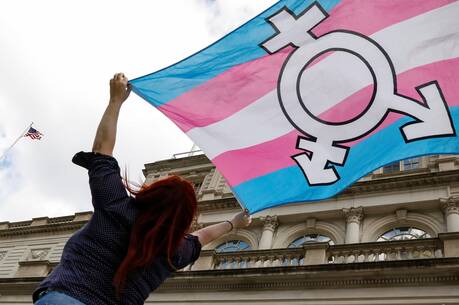In his column in this week’s America, Fr. John Kavanaugh takes another look at the infamous speeches of Jeremiah Wright, and warns against dismissing his criticisms of U.S. society as the rantings of a crackpot. In Friday’s Los Angeles Times, Michael Eric Dyson draws an intriguing comparison between Wright and Martin Luther King, who was killed 40 years ago this month:
Before 1965, King was upbeat and bright, his belief in white America’s ability to change by moral suasion resilient and durable. That is the leader we have come to know during annual King commemorations. After 1965, King was darker and angrier; he grew more skeptical about the willingness of America to change without great social coercion. King’s skepticism and anger were often muted when he spoke to white America, but they routinely resonated in black sanctuaries and meeting halls across the land. [snip] Perhaps nothing might surprise -- or shock -- white Americans more than to discover that King said in 1967: "I am sorry to have to say that the vast majority of white Americans are racist, either consciously or unconsciously." In a sermon to his congregation in 1968, King openly questioned whether blacks should celebrate the nation’s 1976 bicentennial. "You know why?" King asked. "Because it [the Declaration of Independence] has never had any real meaning in terms of implementation in our lives."As Prof. Dyson muses in an interview with EURweb, one wonders how these speeches would have played on YouTube. Tim Reidy







